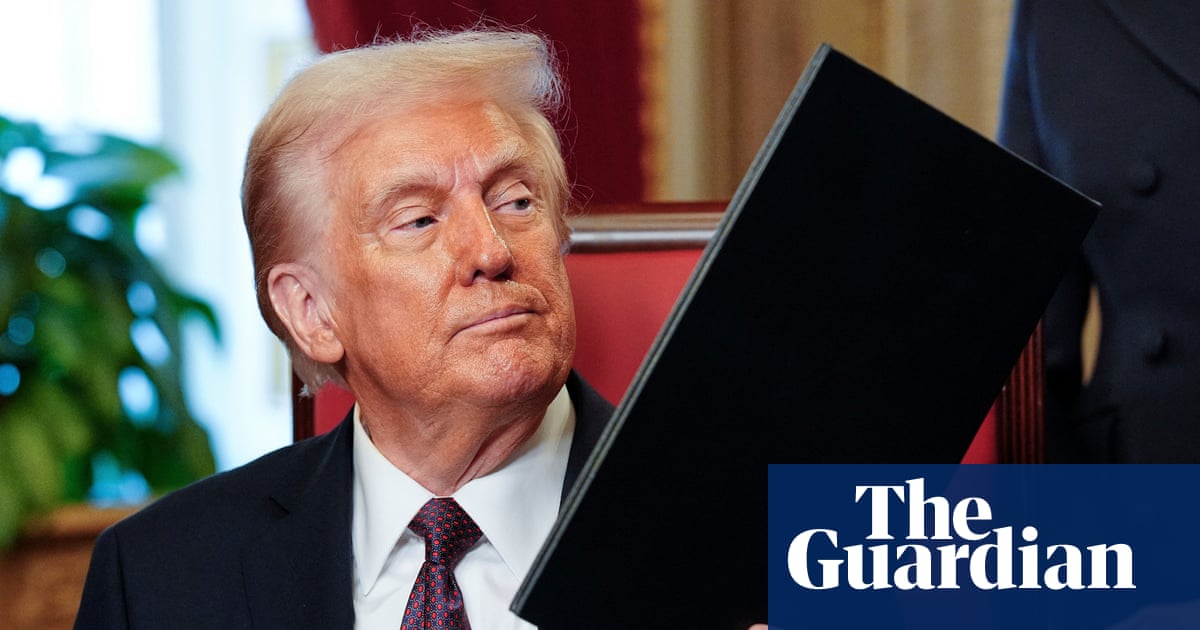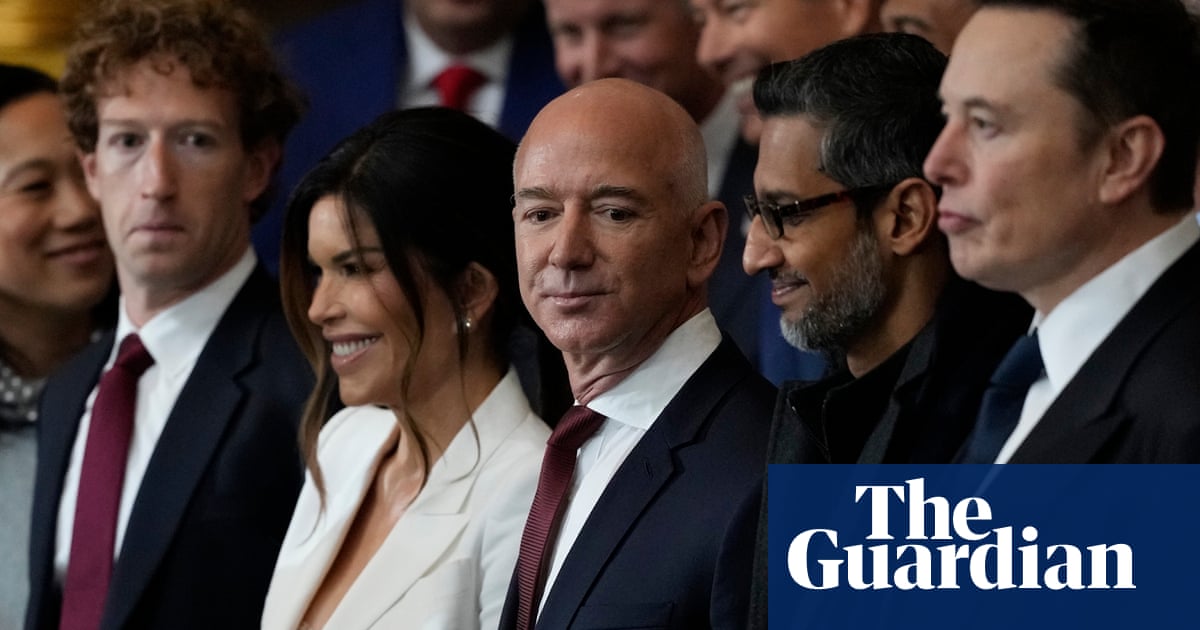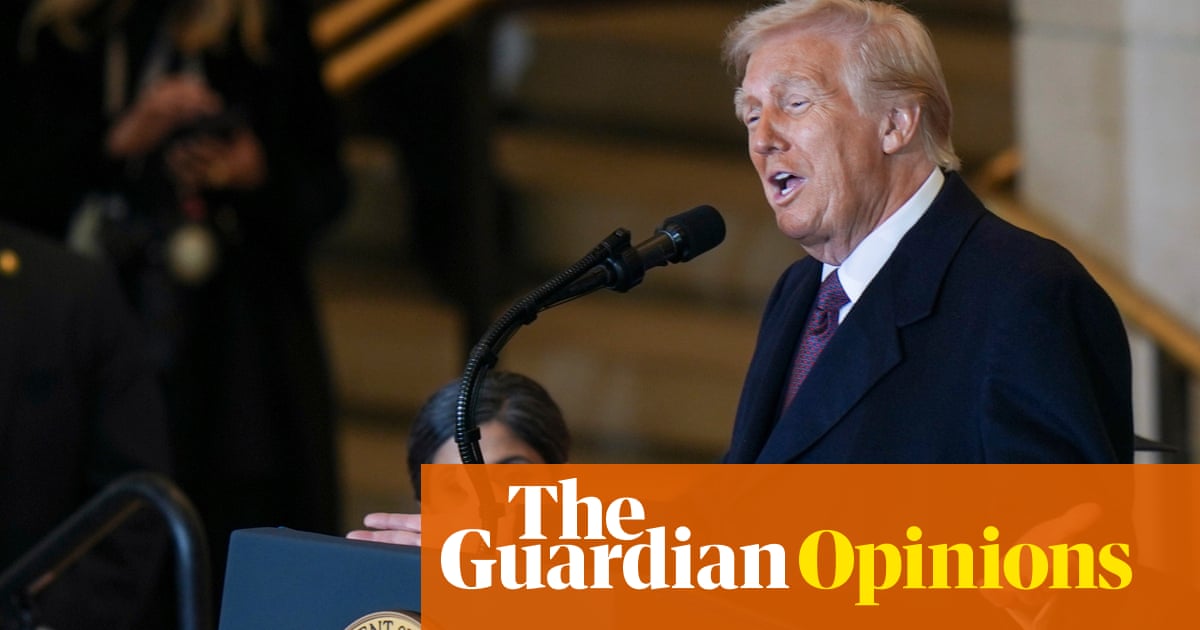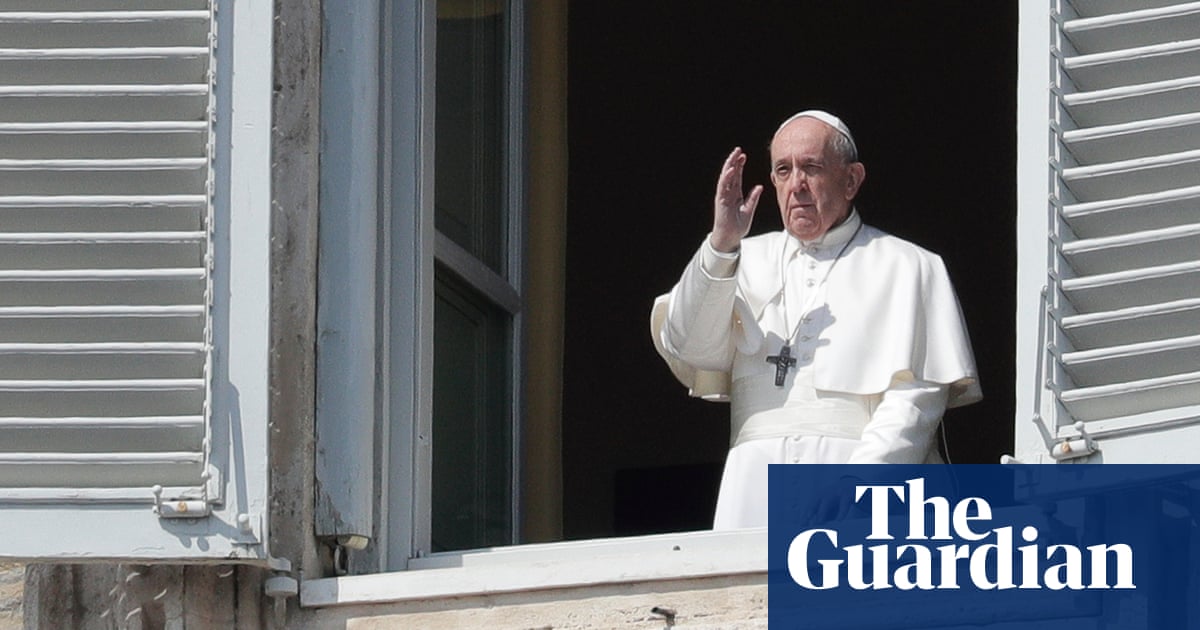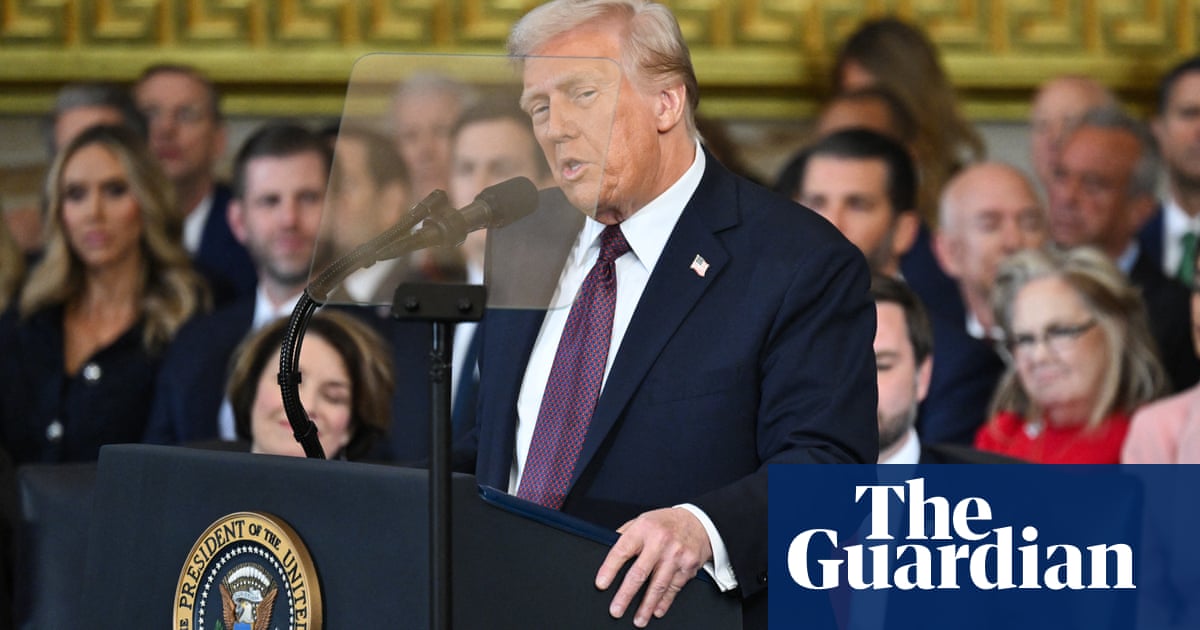It was once among the most promising ways to funnel climate finance to vulnerable communities and nature conservation. The trading of carbon credits, each equal to a tonne of CO2 that has been reduced or removed from the atmosphere, was meant to target quick, cost-effective wins on climate and biodiversity. In 2022, demand soared as companies made environmental commitments using offsets, with the market surpassing $2bn (£1.6bn) while experiencing exponential growth. But the excitement did not last.
Two years later, many carbon markets organisations are clinging on for survival, with several firms losing millions of dollars a year and cutting jobs. Scandals about environmentally worthless credits, an FBI charge against a leading project developer for a $100m fraud, and a lack of clarity about where money from offsets went has caused their market value to plunge by more than half. Predictions that standing rainforests and other carbon-rich ecosystems would become multibillion-dollar assets have not yet come to pass.
But at Cop29 over the past two weeks, governments have given the sector fresh hope by signing off rules that will create an international carbon trading system for countries to meet their Paris commitments.
In Azerbaijan on Saturday evening, governments agreed to rules on how countries can create, trade and register emission reductions and removals as carbon credits after years of deadlock on article 6 of the Paris agreement. It paves the way for top emitters such as Germany and Japan to buy cheap removals and reductions from decarbonisation schemes in developing countries such as renewable energy schemes, rainforest protection or tree-planting, counting them towards their own targets. Trading could begin as soon as 2025 once technical bodies have agreed on the finer details.
If it works well, the market would fund the low-hanging fruit of climate mitigation while making sure emissions are capped in line with the Paris agreement. There is particularly strong interest in carbon removal, with many large tech firms buying credits and trying to scale up the market. After several false starts, negotiators and observers say this is the last chance to get it right.
“International carbon markets have crashed twice in two decades. This was due to an erosion of credibility. At Baku, the operationalisation of international carbon trading under Paris can prevent a third meltdown that could be fatal,” said Axel Michaelowa, a carbon markets expert at the University of Zurich. “They are a powerful tool to accelerate the diffusion of low-carbon technology around the world. The Paris carbon market is now ready to roll out in 2025. It can accelerate mitigation and thus help close the gaping emissions gap that separates us from achieving the 1.5C target,” he said.
Big concerns about carbon markets remain. In the run-up to Cop28 in Dubai last year, it emerged that vast tracts of African forest had been sold off in a series of huge carbon offsetting deals to a little-known UAE firm overseen by a member of Dubai’s royal family, prompting fears of a “new scramble for Africa” over the continent’s carbon resources.
The potential size and impact of any country-level market is also unclear. Norway has reserved up to $740m (£590) for purchases under the Paris carbon market, signing agreements in Baku with Benin, Jordan, Senegal and Zambia, but there are questions over how many other developed countries will make purchases despite predictions it could soar into a multibillion-dollar market.
Then, there is the issue of environmental integrity, which has repeatedly undermined faith in carbon credits, including the previous UN carbon trading system. A new study in Nature Communications published during the first week of Cop29 found that less than 16% of carbon credits issued represent real emissions reductions, meaning that the vast majority are hot air. Moments after governments approved the Paris carbon trading system, observers warned that the rules were not strict enough to avoid similar issues.
Dr Lambert Schneider, one of the co-authors and a senior researcher at the Oeko-Institut, said these problems would undermine the Paris agreement if they spilled into the official UN system.
“The available evidence suggests that many carbon credits are not backed by any actual emission reductions. If these quality issues continue under article 6, this could undermine our efforts to achieve our climate targets. It is critical that we fix the integrity issue of the market,” he said.
“We currently see proposals on the table that would credit the natural absorption of carbon dioxide by forests. But these removals occur anyways and not because of any human intervention. If these credits are used by buyers to emit more, this would result in more carbon added up to the atmosphere. And the potential for issuing such credits is very large,” he said.
There have been efforts to clean up standards in the sector, which could form part of the UN market. Verra, the leading carbon credit standard which was the subject of a joint Guardian investigation into their rainforest offsets that found they were mostly worthless, is introducing a new system for generating the carbon credits. Mandy Rambharos, the non-profit’s CEO, said they were determined to get it right and move on from recent issues.
after newsletter promotion
“We’ve invested in millions of dollars for no guarantee of any return [in the new rainforest carbon credit methodology]. It’s all done at risk,” she said. “We need to take accountability for some things that went wrong. But I’m saying as well, it’s not just Verra.
“The idea to grow the carbon market is to get climate financing to the right places. A London taxpayer is not going to give thousands of dollars to developing countries to reduce the emissions, especially if you’re not sure about those developing countries’ commitment. We’re all in the same bucket, whether it’s Mali, Saudi Arabia or China; that’s where the idea of where carbon markets came about,” she added.
This month, a carbon credit integrity initiative – the ICVCM – approved three rainforest methodologies as high quality, including Verra’s new rules, meaning that buyers can trust that the credits represent real emission reductions. But those involved with the process have raised concerns about their approval. The Guardian understands that many experts did not think the methodologies met the standards. This is strongly contested by the ICVCM.
Credits such as this could eventually form part of country-to-country carbon deals, and experts say that ensuring these deals have real environmental benefits will be key to their success.
“The new rules are a start, but the risk of abuse still remains alive and well,” said Injy Johnstone, a research fellow at the University of Oxford. “We have to learn the lessons of past mistakes and watch for new ones this system could create, otherwise we risk the Paris agreement becoming a market failure,” she said.

.png) 1 month ago
15
1 month ago
15
